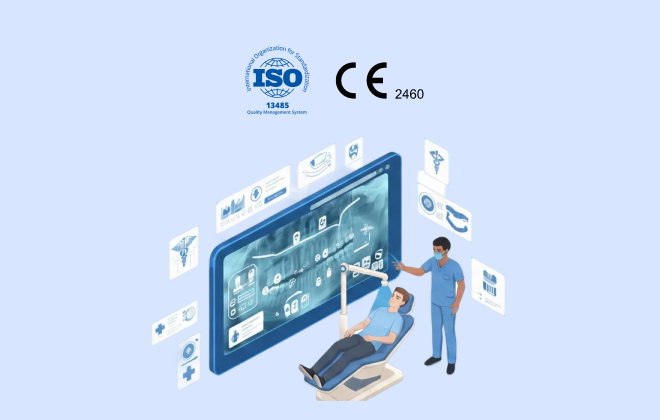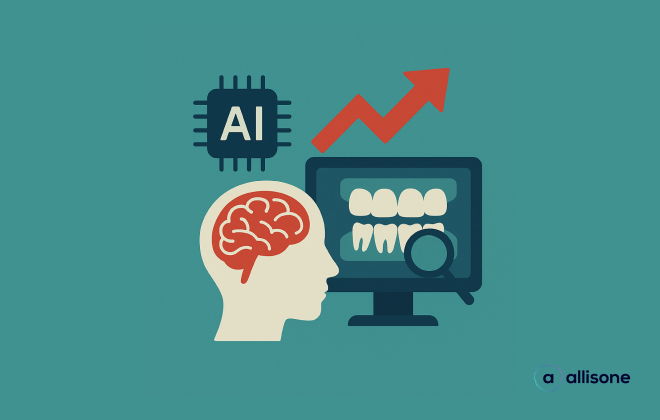
Cloud computing has revolutionized the way we store our various data. For some fifteen years now, our vacation memories have no longer depended on the lifespan of your computer or your ability to keep your external hard drive from going astray! The "Cloud" has also become widely used in the professional world, and more and more medical practices are making the switch from local office storage to a cloud model. Haven't done so yet? Here are a few points to help you understand what it's all about, the security rules and the benefits of moving to the cloud.
What is cloud storage?
In very practical terms, cloud storage boils down to using the Internet to store data on remote servers rather than on local hard drives within the firm. This offers a number of advantages, such as:
- Greater accessibility: Data can be accessed from any device with an Internet connection, facilitating collaboration between staff members and consultation of patient records by patients themselves.
- Scalability: storage capacity can be easily increased or decreased as needed, to adapt to the growth of the practice.
- Lower costs: The cloud can be more economical than buying and maintaining physical servers on site.
What regulations are in place to guarantee the security of health data?
In Europe, the storage of healthcare data is governed by a number of strict regulations, including the RGPD (General Data Protection Regulation). In the context of storing healthcare data that is said to be "sensitive", such as banking data, additional regulations are required. In France, to be able to store healthcare data, it is imperative to be certified/use the services of a partner certified as a Healthcare Data Host (HDS). This certification is issued by an independent body, and attests that the hosting provider meets the requirements of the HDS standard, based on ISO 27001 and enriched with requirements specific to the healthcare sector.
The HDS standard imposes strict security measures to protect patient data against unauthorized access, theft and cyber-attacks. It is a guarantee of confidence for practitioners, patients and partners of the dental practice.
Cloud vs. local storage: enhanced security
Contrary to popular belief, storing patient data in the cloud can be more secure than storing it on local servers within the practice. In fact, cloud providers invest heavily in the security of their infrastructures, and have resources and expertise that most dental practices can't afford.
What's more, data stored in the cloud is generally better protected against natural disasters, theft and hardware failure than data stored on local servers.
Storing patient data in the cloud offers many advantages for dental practices, provided you choose a reliable, compliant provider. In fact, the cloud can be more secure than local storage, and offers greater accessibility and scalability.
Allisone uses an HDS-certified partner - Questions? Please contact us: contact@allisone.ai or request a demo directly with one of our product experts.
Related articles
Lorem ipsum dolor sit amet, consectetur adipiscing elit.

Allisone obtains CE marking as a medical device

How artificial intelligence optimizes medical diagnosis and patient understanding




